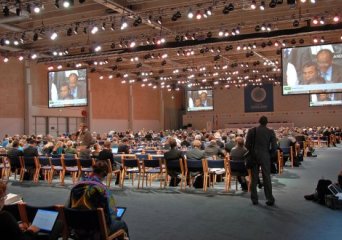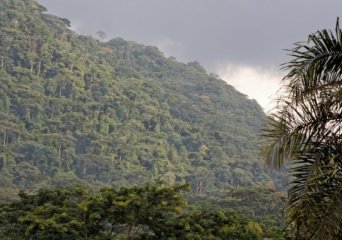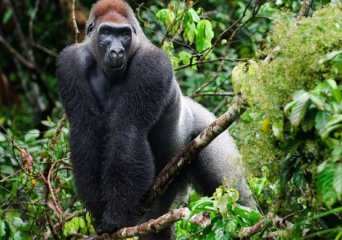Expertise
The REDD@WUR network brings together about 80 researchers at Wageningen University & Research centre who are actively engaged in REDD+ related research. The network aims to bring together interdisciplinary knowledge to bear on cutting-edge theoretical and policy-relevant questions around REDD+.

Governance of REDD+
The idea of REDD+ is simple, but its scope and scale are complex, as it involves various stakeholders at different levels of decision-making. This poses various challenges for policy design and governance.

Monitoring, reporting and verification (MRV)
REDD+ will only work if forest management and conservation activities can be proved to actually reduce carbon emissions. This requires workable monitoring, reporting and verification systems that keep track of changes in forests.

Forest management and climate change mitigation
Researchers at Wageningen UR are studying how REDD+ can help to slow down climate change. For example, through smarter logging methods, better management of tropical peatlands, and by keeping an eye on the dynamics of the ecosystem of the Amazon.

Ecological and social co-benefits
Forests store carbon, but they also play a vital role in the livelihoods of many people and harbour a large share of the world's biodiversity. REDD+ should acknowledge and incorporate these benefits as well.